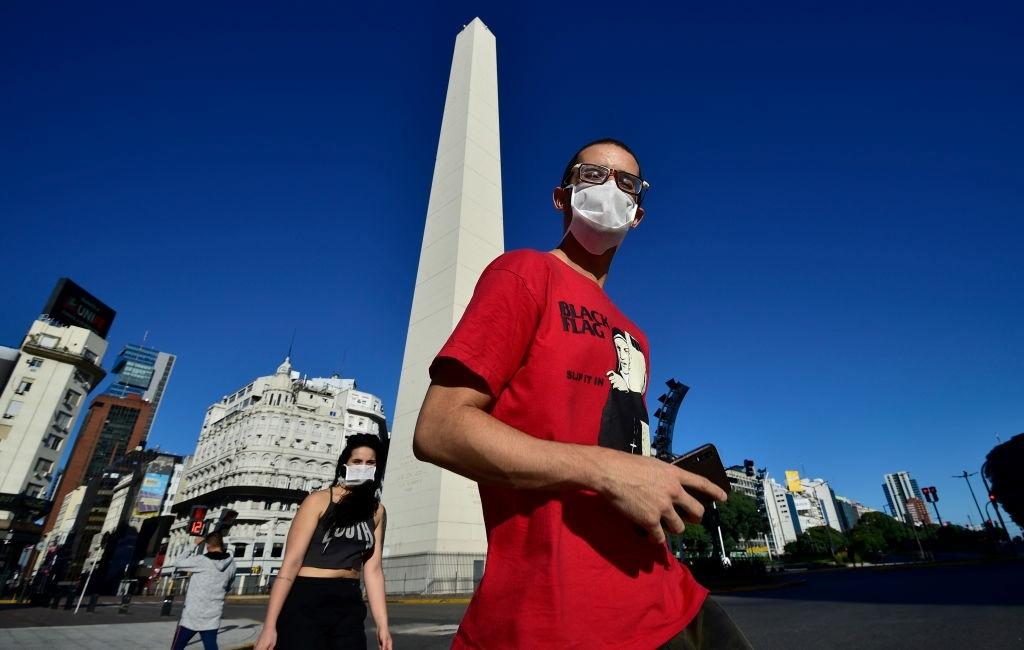RIO DE JANEIRO, BRAZIL – Argentina reported a cumulative 30,071 deaths from Covid-19 on Wednesday, October 28th, the Health Ministry confirmed in a statement, while more than 1,130,533 cases have been diagnosed positive since the virus first arrived in the country back in March.
The Health Ministry said that 13,924 new infections had been recorded on Wednesday, with 345 deaths over the last 24 hours. In total, 30,071 people have lost their lives after being infected with the virus. Argentine government data shows 931,147 of those who contracted Covid-19 are now recovered.

As of Wednesday, 5,037 individuals with the virus remained hospitalized in intensive care units (ICUs), with bed occupancy in such wards nationwide now at 64.4%.
At the start of the pandemic, most of the diagnoses of Covid-19 were concentrated in the Buenos Aires metropolitan area (AMBA), (City and Province) though currently the virus is spreading most rapidly in Argentina’s provinces, where in some cities ICU wards are running at more than 80% capacity.
The leading cities of Córdoba, Santa Fe, Tucumán, Mendoza, Neuquén, Río Negro, Chubut and San Luis provinces now account for 55% daily new cases.
Public Health officers, from both the capital Buenos Aires and the Buenos Aires province, announced the possibility that a batch of Covid-19 vaccines could be available before the end of the year, but “will only be sufficient for high-risk population and most vulnerable workers, that is sanitary staff, who are in the front line combating the pandemic.”

